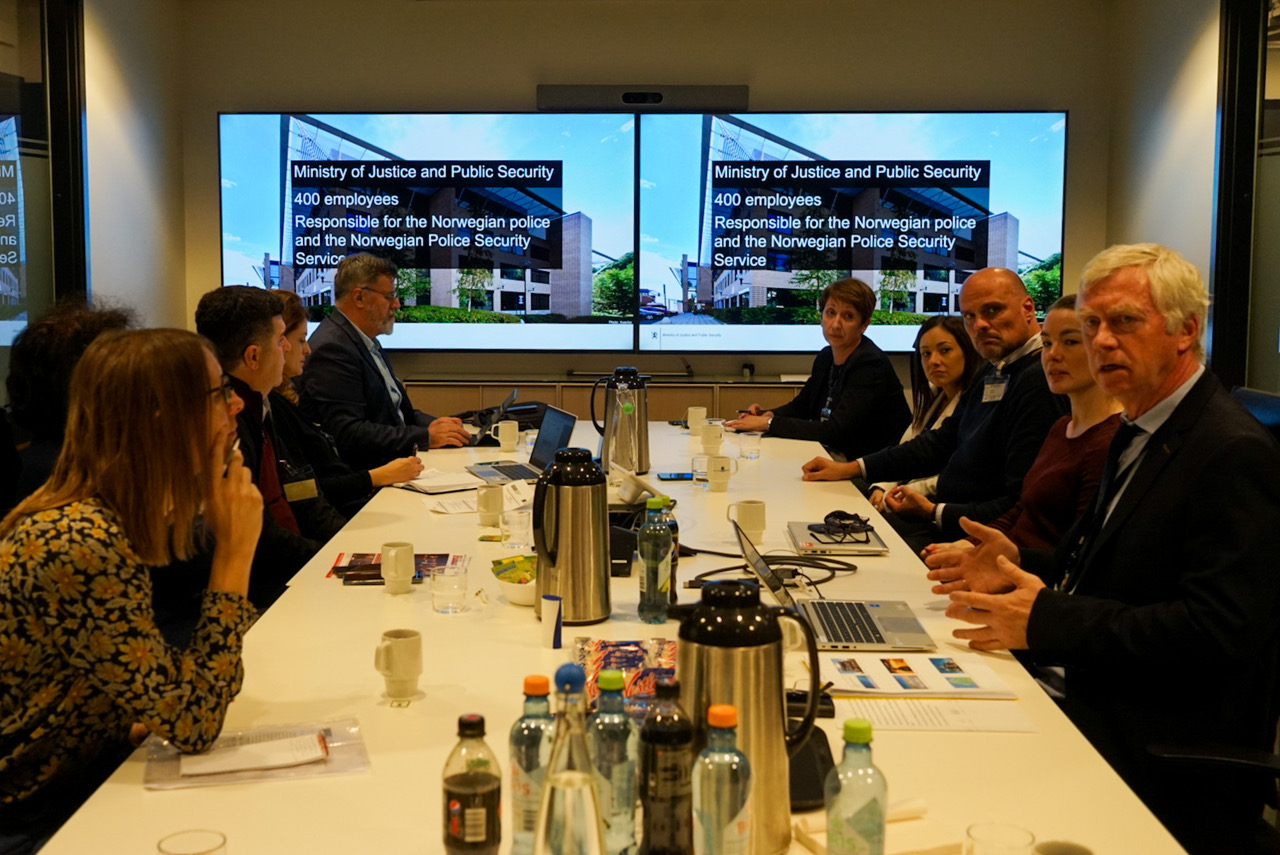
Photo: Miroslav Janković, OSCE
The aim of the visit was to exchange knowledge and experiences with Norwegian partners on the prevention of criminal acts and more efficient processing of attacks and threats against journalists in the digital environment. It is an activity foreseen in the PWG’s Action Plan for 2023.
At a meeting with the Ministry of Justice and Public Security, representatives of the PWG were presented with the main findings of the 2022 report of the Norwegian Commission for Freedom of Expression, which shows that only 10 percent of surveyed journalists were exposed to attacks and threats. This percentage is more than 5 times lower compared to similar survey conducted by the PWG in Serbia in the same year, according to which 55 percent of surveyed journalists confirmed that they were the target of some attack or pressure.
The representatives of the police and the prosecution spoke about the importance of preventive measures and cooperation since, in their experience, an effective strategy to prevent criminal acts requires coordinated action and an active approach of all relevant stakeholders.
In addition, representatives of the Norwegian police emphasized that their prevention strategy is largely based on their permanent presence on all digital platforms and networks where, through communication with citizens, they receive information about crimes that are being prepared or are happening in real life, which would never been discovered otherwise.
In discussions about the legal framework for the protection of journalists’ safety, the PWG learned that the Norwegian’s Penalty Code prescribes the criminal offense of „Interfering with the important institutions in society„, which includes the media, and which provides a penalty of imprisonment of up to 6 years for obstruction, violence, threats and other illegal behaviour towards the media. In addition to this criminal offense, which is very rarely applied in practice, the Norwegian legal system does not provide special legal protection to journalists and other media workers.
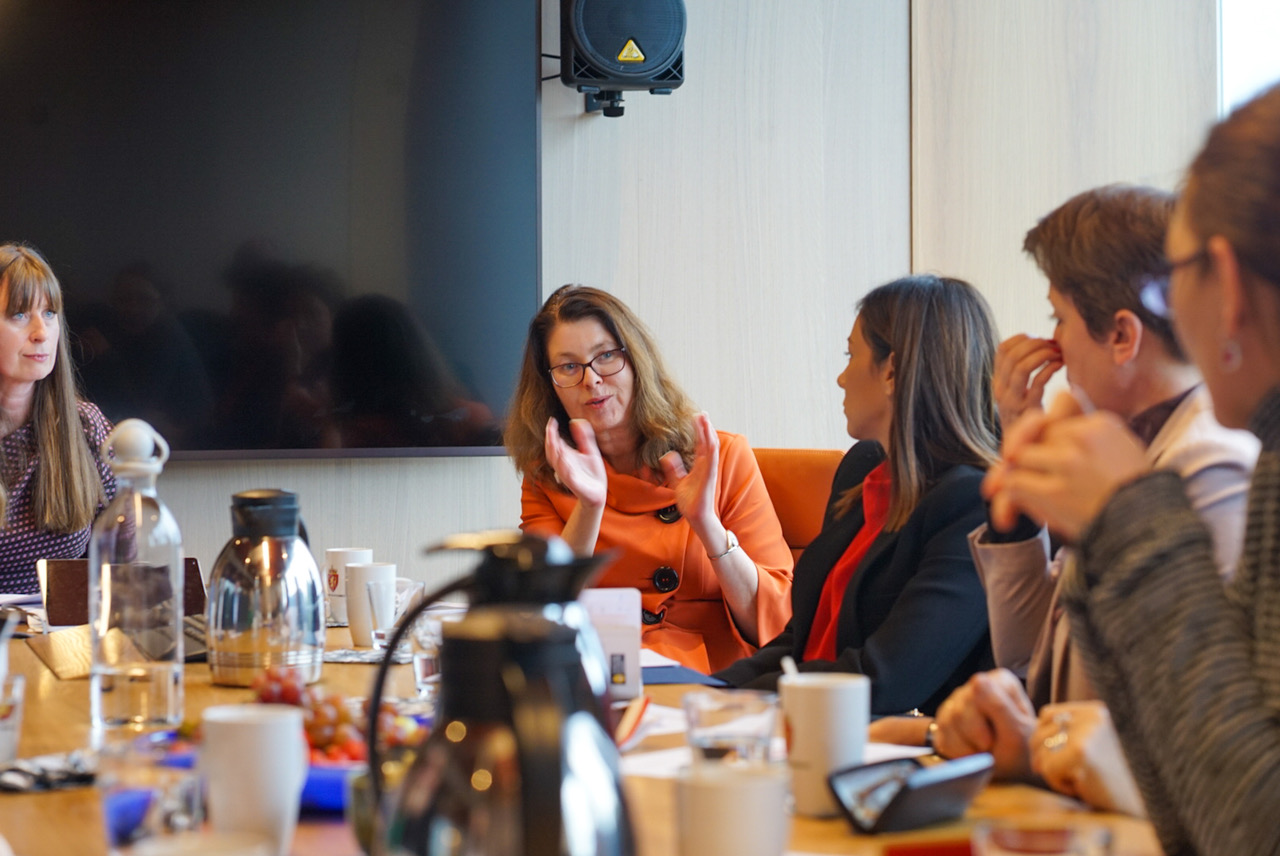
At the meeting with the Norwegian Media Authority, the PWG delegation got acquainted with the structure, organization and competencies of this body, as well as with the legal solutions related to the financing of the media and their responsibility for compliance with the laws and professional standards of journalism. PWG was also informed about the activities of the Norwegian Media Authority within the European Platform of Regulatory Bodies (EPRA), which consists of 56 regulatory bodies from 47 European countries.
Representatives of the Norwegian Union of Journalists, which has 8,700 members representing more than 90 percent of the total number of journalists in this country, pointed out that the key reason for the safe work of journalists is the quality organization of the environment in which media professionals work. In particular, they emphasized an excellent cooperation with state institutions which understand significance of media freedom and respect the important role journalists and media have in democratic societies. According to them, the Supreme Court of Norway took the stance that violence against journalists must result in more severe punishment. They also pointed out that the biggest problem in Norway is violence against Norwegian journalists working outside the country and reporting from war zones.
With representatives of the Norwegian Association of Editors, which has 800 members of which 350 are editors-in-chief and approximately 450 deputy editors, and the Press Council, PWG discussed the protection of journalistic sources and a need for compliance with the Code of Ethics. The Norwegian editors particularly emphasized the importance of the Agreement on the Rights and Duties of Editors they signed with the Association of Media Owners, according to which no state authority, media owner, commercial actor, or any other interest group, may interfere in the freedom and editorial policy of the media.
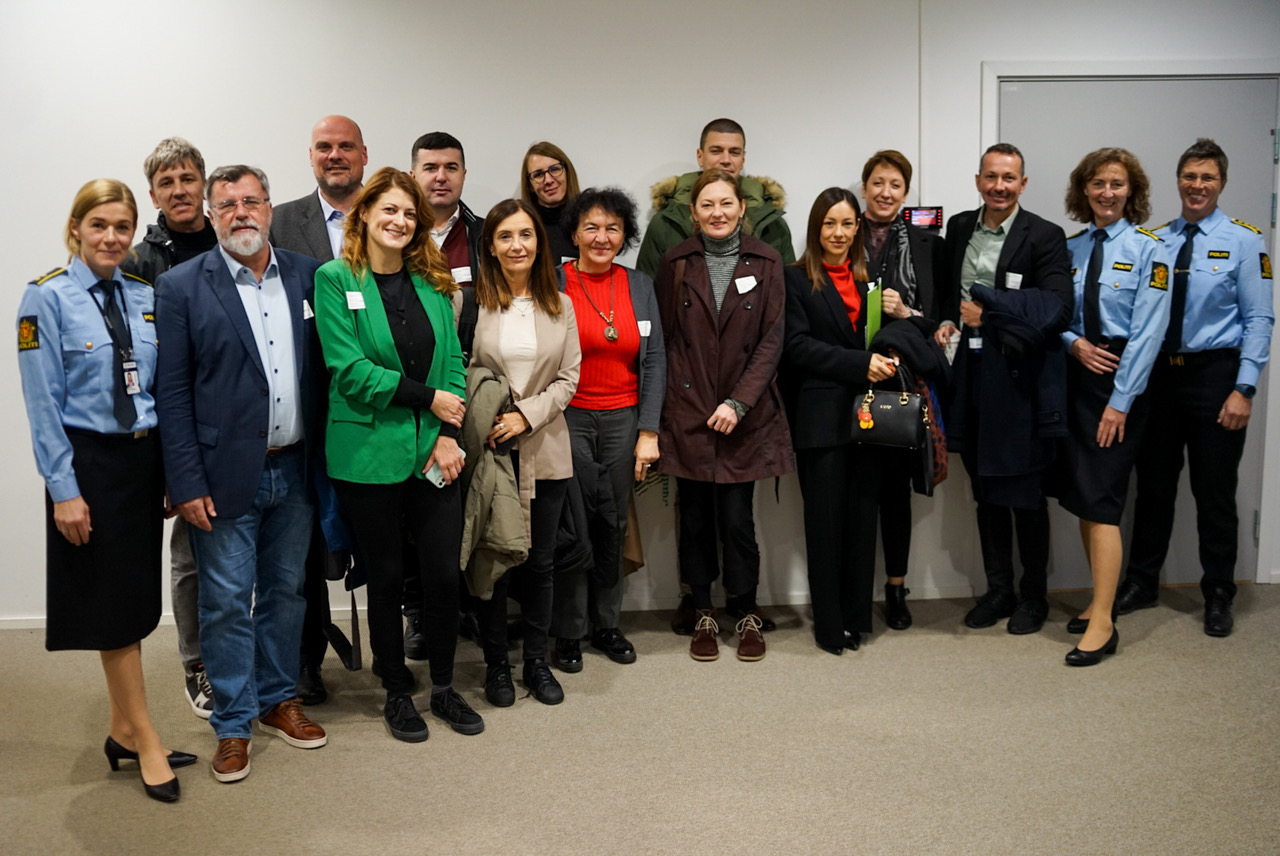
Consideration of the possibility of establishing cooperation and eventually reaching a similar agreement in Serbia will be one of the potential future initiatives, in addition to others related to the prevention of criminal acts and improvement of the safety of journalists in digital environment.
In the end, the Norwegian partners reacted very positively to the previous work of PWG, which was presented to them through its annual reports covering the period from 2017 to 2022. They particularly emphasized the value of building an institution that deals with the protection of the safety of journalists, the need for constant education of members of law enforcement authorities and journalists, the importance of keeping a database on attacks on journalists and, for them, surprisingly operational work of the PWG and the good cooperation between media community and institutions.
The Permanent Working Group for the Safety of Journalists consists of representatives of the Supreme Public Prosecutor’s office, the Ministry of Internal Affairs of the Republic of Serbia, the Association of Journalists of Serbia (UNS), the Independent Association of Journalists of Serbia (NUNS), the Independent Association of Journalists of Vojvodina (NDNV), the Media Association (AM), the Association of Independent Electronic Media (ANEM), the Association of Online Media (AOM), and the OSCE Mission to Serbia in the observer’s capacity.
The PWG’s study visit to Norway was implemented within the project supported by the EU Delegation to Serbia.



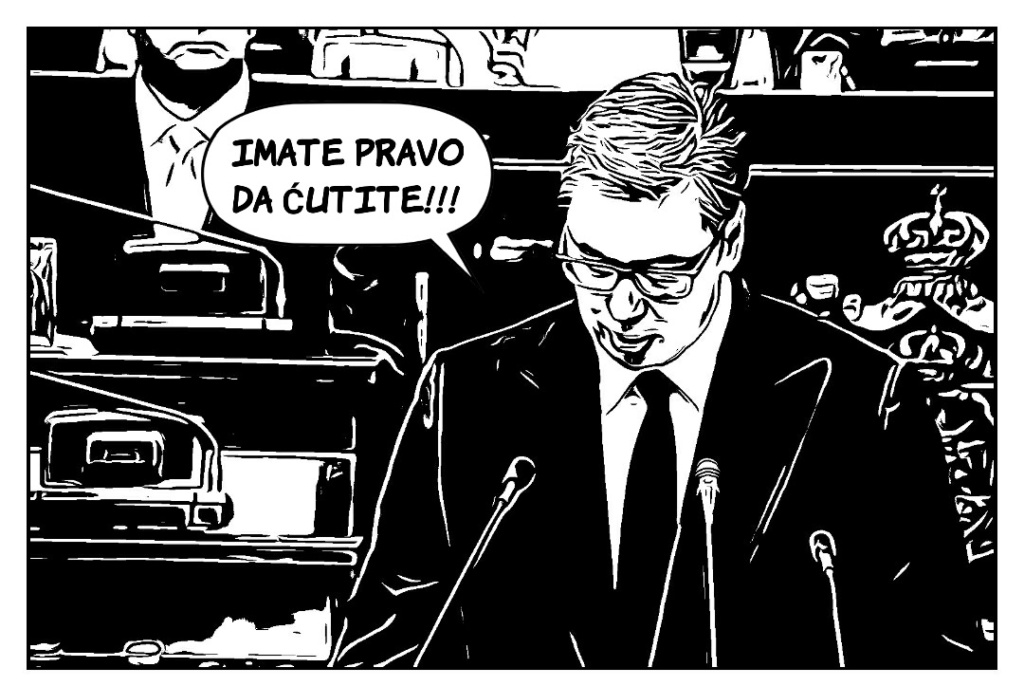 Snaga dobre priče: O mitologiji medija
Snaga dobre priče: O mitologiji medija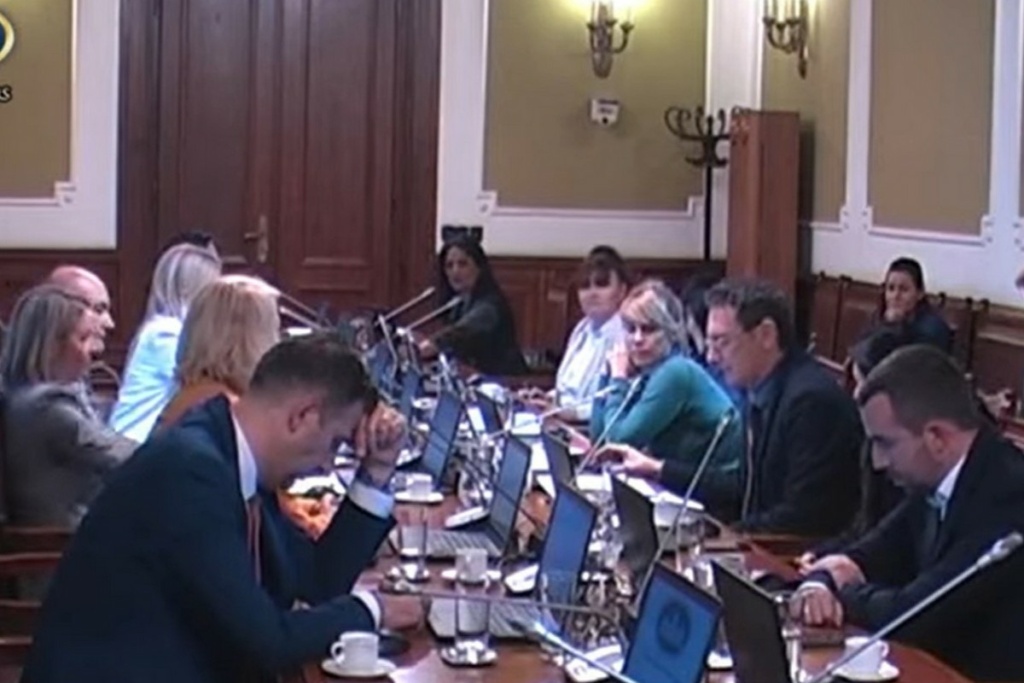 Medijski amandmani umiru u skupštinskom mraku: Noćno zasedanje Odbora, u četiri čina
Medijski amandmani umiru u skupštinskom mraku: Noćno zasedanje Odbora, u četiri čina Silovanje ili cenzura: Na šta to smrdi Pepe le Tvor?
Silovanje ili cenzura: Na šta to smrdi Pepe le Tvor?
Ostavljanje komentara je privremeno obustavljeno iz tehničkih razloga. Hvala na razumevanju.